Student combines her love for science and performing without a script
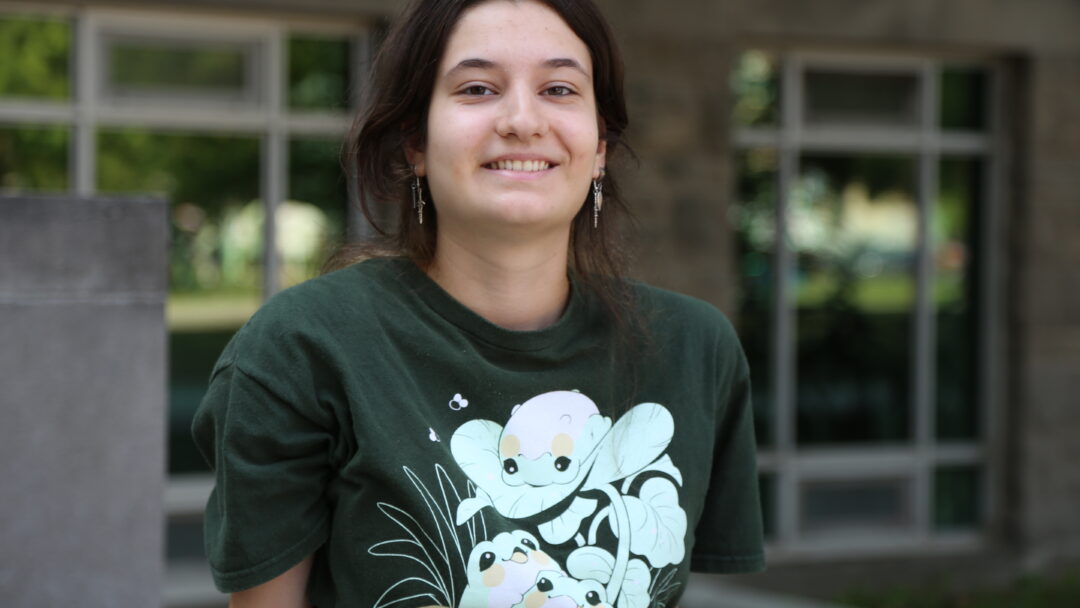
Rachel Brinzan studies science, performs improv and can’t imagine doing one without the other.
It started back at ClubFest 2023. The first-year student, who’d moved from Waterloo to live in residence, was on a mission to make new friends. She may have been a little overzealous. “I signed up for 20 clubs.” Every club started sending invites, updates and reminders. “My inbox got totally out of control for a while.”
She eventually settled on a handful of clubs. As a theatre kid since elementary school, Rachel jumped on opportunities to continue acting. Making her shortlist was the McMaster Improv Team. Improvisational comedy would nudge her out of her comfort zone, marking the first time she’d step on a stage without a script.
The first open practice was a revelation. Everyone was so welcoming, says Rachel. “It was lots of fun and I met some really cool people.” They’d become the friends she was hoping to make at Mac while she made the rounds at ClubFest.
The team held weekly practices and worked through a curriculum. “You don’t just walk out onto a stage and wing it. There’s some science behind it.”
Rachel learned how to build scenes, stay in the moment, interact with audiences and work with partners – “you’re never alone on stage and you have each other’s back”.
With 20 members, everyone got lots of scene time during practices. That was key because improv is something you learn by doing, says Rachel. There was just enough time between scenes for Rachel to stay on top of her course work.
The year ended with a show in front of an audience at Robinson Memorial Hall. Rachel was super nervous but well prepared – those nerves quickly turned to excitement. She performed in three scenes – she was in the zone and can’t remember what she said or did, only that she had an absolute blast and got laughs from the audience.
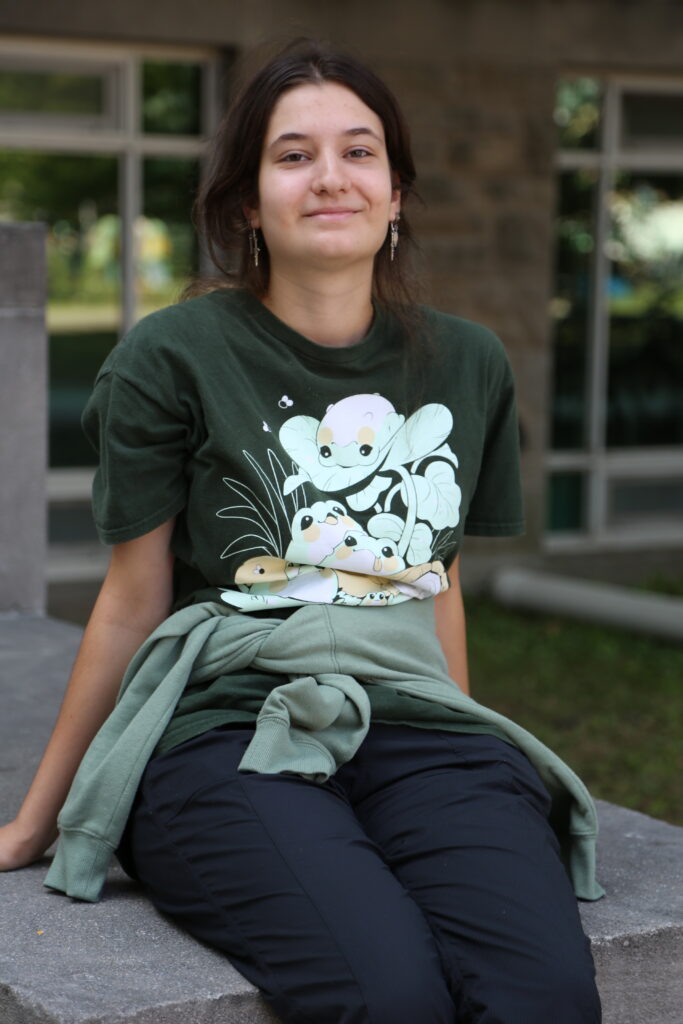 With a chemistry midterm the next day, she had to cut short the post-show celebration to get in some last minute studying and a full night’s sleep. She passed the exam.
With a chemistry midterm the next day, she had to cut short the post-show celebration to get in some last minute studying and a full night’s sleep. She passed the exam.
She’s back with the club for another year and taken on a leadership role as the vice president of promotions. The club’s introduced senior and junior practices, recognizing that rookies and veterans are at different places on the learning curve. “You don’t need any previous acting experience to join our club – just a willingness to try and have fun.”
She’s also back for her second year in Honours Psychology, Neuroscience & Behaviour – Mental Health Specialization, with her sights set on becoming a psychologist. She’s passionate about helping people improve their mental health. Right now, laughter’s the medicine she’s dispensing.
What she’s learning in the club carries over into the classroom. Improv gives you the skills and confidence to stand and deliver any kind of presentation, says Rachel. And when presentations go sideways, you know how to recover and carry on.
It’s also building skills that she’ll draw on throughout her career. Scientists need to be great communicators if their research is to make a difference in the world. “Improv teaches you how to grab and hold an audience’s attention.”
Being a student scientist also makes her better at improv. Scientists are naturally curious, instinctively creative and adept at adjusting on the fly. Building an experiment is not unlike building a scene – there’s a disciplined process to follow and a whole lot of trial and error. Scientists are trained to think outside the box – “that’s how we come up with breakthroughs and discoveries” – and they lead interesting lives. Drawing on personal experiences is the key to great improv, says Rachel.
“I love science and I love performing. Science and the arts go hand in hand. You don’t have to choose one or the other – you can do both.”
For more on the McMaster Improv Team, check out @macimprovteam on Instagram.
StudentsRelated News
News Listing
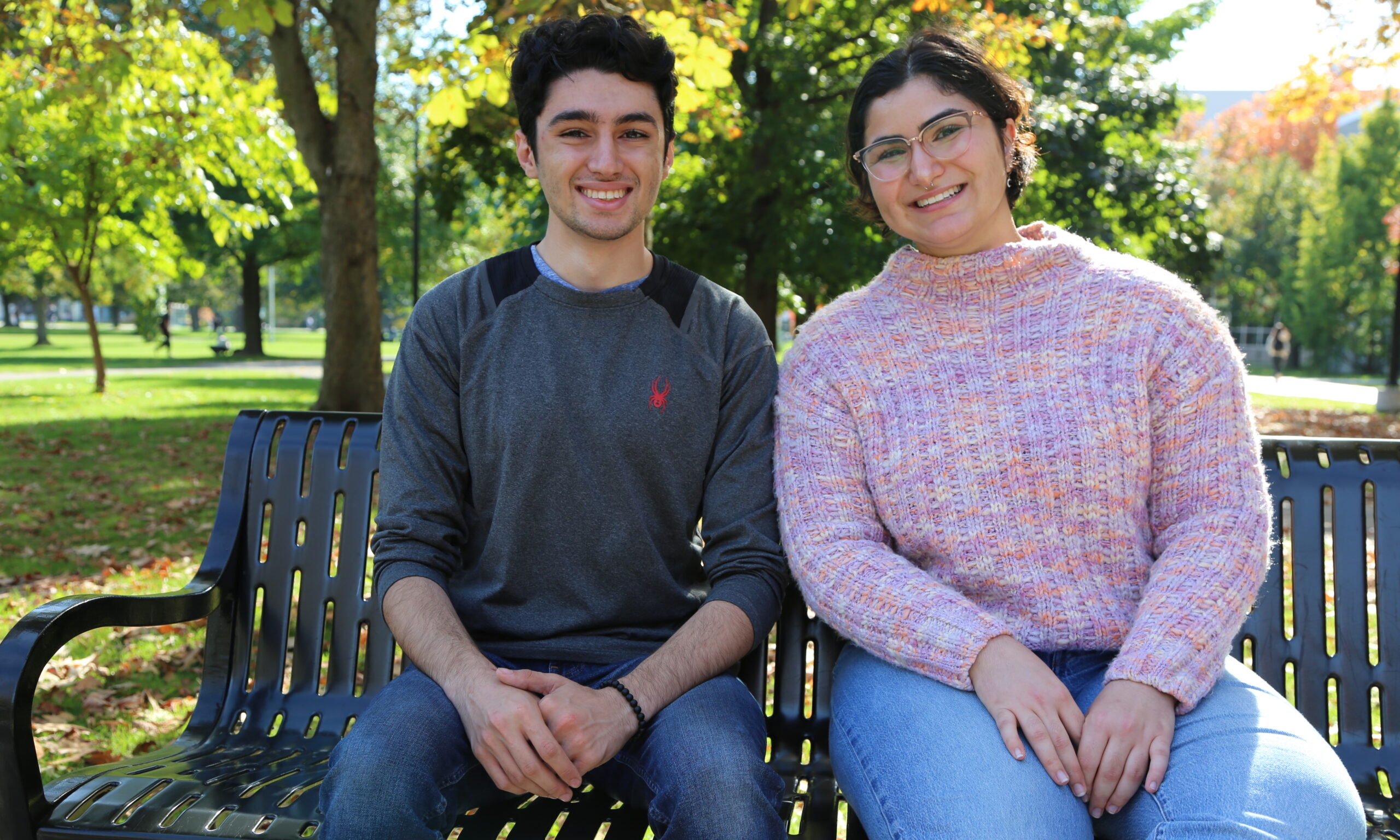
October 25, 2024
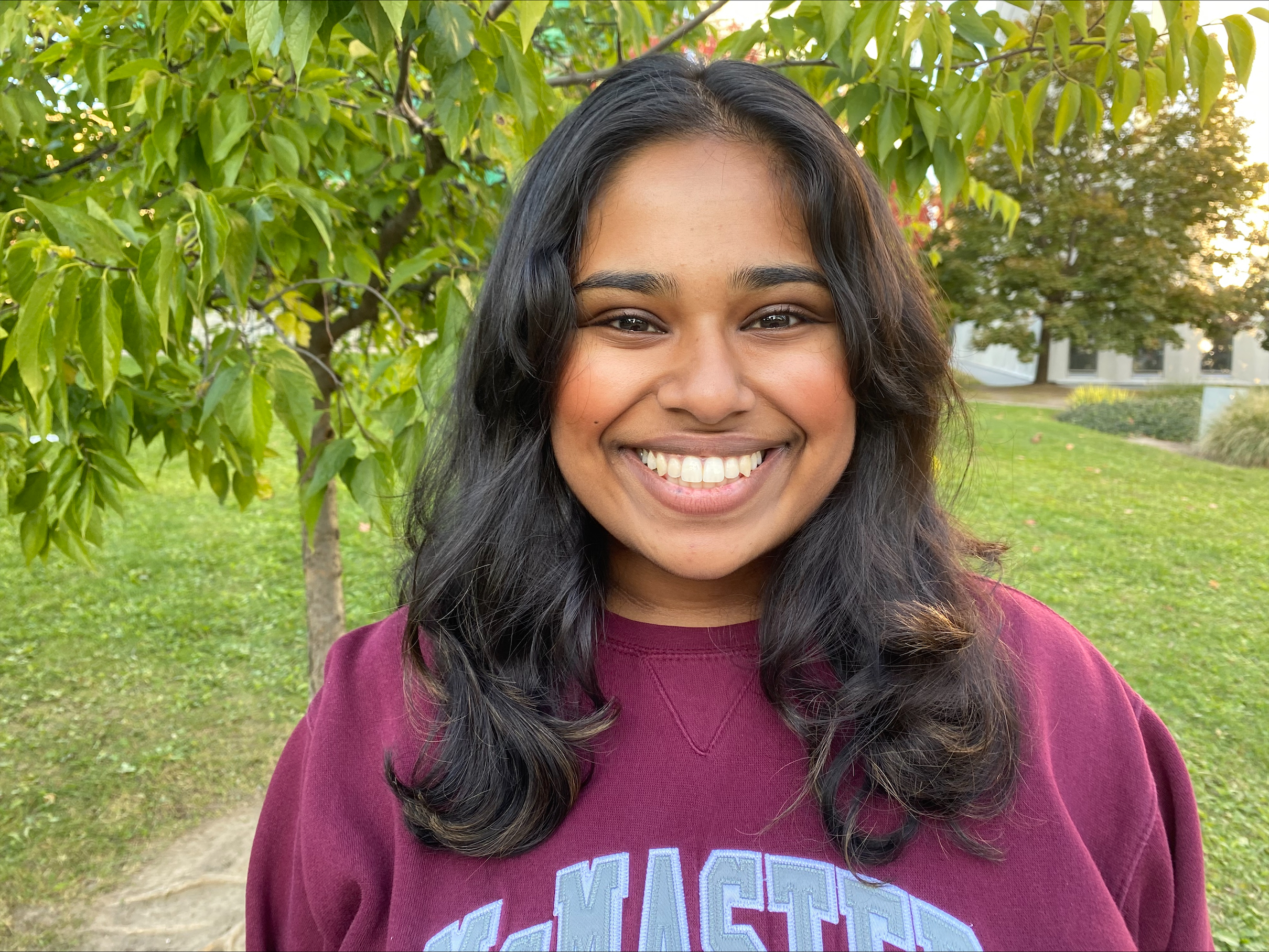
From NOVA to Brain Bee to PNB – lifelong love of neuroscience led to McMaster
Alumni, Outreach, Students
October 18, 2024
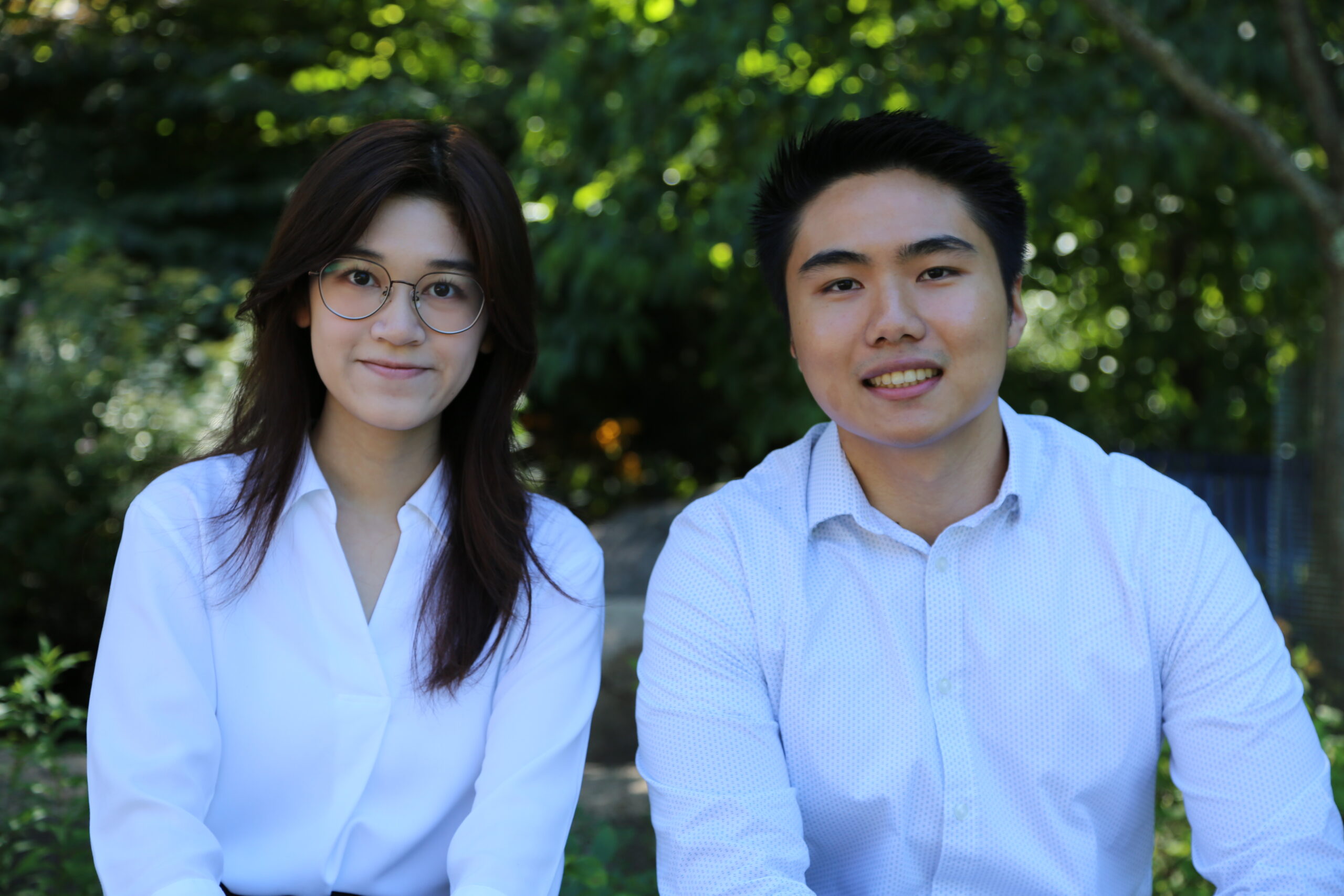
Grad student pays it back and forwards in new research shadowing program for first-year undergrads
Students, Undergrad research
September 11, 2024
